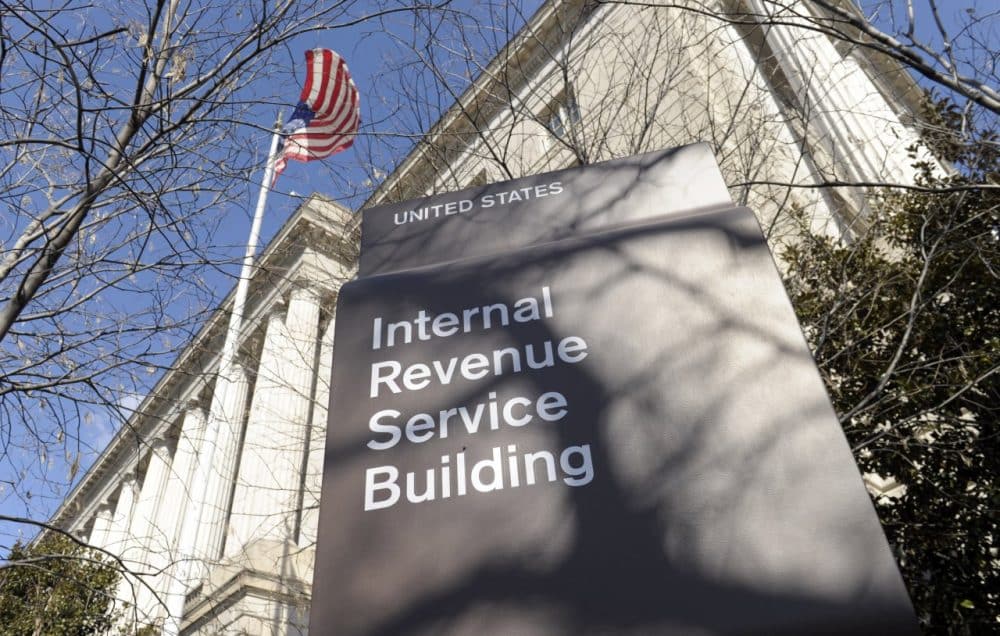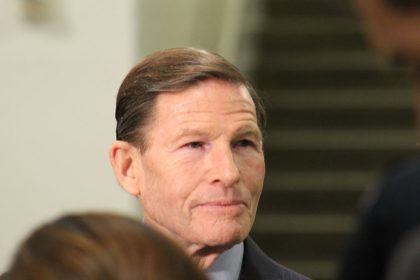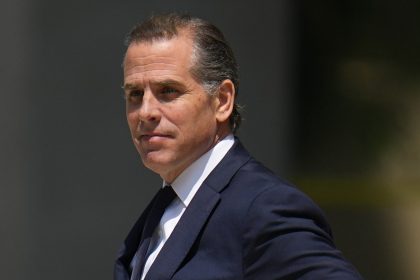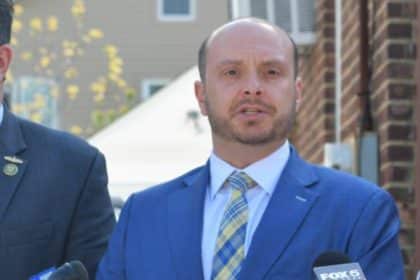Money for Tech in Tax Compliance Initiative Could Combat Fraud, Prevent Frustration

WASHINGTON — As Congress finally looks ready to vote on infrastructure and spending bills, policy experts on both sides of the aisle have focused on one key initiative that was put forward to pay for new government investments — tax compliance.
Biden proposed funding much of his Build Back Better plan by making tax cheats pay what they owe, but even if his recommended $80 billion infusion into the IRS doesn’t result in $400 billion of previously unrealized revenue, it could do more than pay for infrastructure goals. Stronger enforcement could end up making the system more equitable and bring an essential but fading system into the 21st Century.
“Fixing and funding the IRS is nothing short of critical,” Jacob J. Lew, U.S. Treasury Secretary from 2013 to 2017, told the advocacy organization Center for American Progress during a tax enforcement discussion.
“It’s no surprise the system doesn’t work well,” Lew admitted, adding that tax avoidance strongly affects the system, with the tax gap, or the difference between taxes owed to the government and those actually paid, totaling more than the projected deficit to the Medicare trust fund over the next decade.
“It’s just not fair that people who don’t pay taxes are competing with those who do pay their taxes,” he said.
Biden’s tax compliance initiative would do more than provide the IRS the resources it needs to address tax evasion, however. There is money for hiring and training agents dedicated to complex enforcement activities, but key provisions also modernize information technology, overhauling outdated tech that can help the agency serve customers and improve data analytics approaches.
“This opportunity to get it right hasn’t been provided to the American people for 60 or 70 years,” said Fred Goldberg, an IRS Commissioner from 1989 to 1991. “What’s most important by far about the Administration’s proposal is not to hire more people. What matters is stable, long-term tenure funding that permits the IRS to invest in technology.”
But opponents claim that some of this technology will be focused on data culling that will have financial institutions serving as watchdogs.
Biden’s tax compliance initiative looks to allow the IRS to verify taxpayer filings with third-party information reports, as currently happens with W-2 forms submitted by employers to report wages. But in circumstances where wages are not automatically reported or there are more opaque forms of income, financial institutions would have what Lew called “highly aggregate” reporting requirements.
Critics say this is invasive, but proponents say it removes the evasion advantage for certain forms of income disproportionately earned by high-income Americans.
“It is just deeply unfair that we have a system of tax administration in this country [in which wage earners have their taxes] taken automatically, while others make choices about whether or not they want to pay what they owe, and often, they don’t,” said Natasha Sarin, Deputy Assistant Secretary for Economic Policy at the U.S. Treasury Department.
“The result of giving the IRS more information is a less intrusive IRS,” she insisted. Instead of a different set of rules for different tax payers and a drop-off in enforcement scrutiny precisely at the top of the income distribution, where Sarin claims the highest proportion of non-compliance exists, “this targets tax scrutiny where it belongs, on those who are avoiding their tax obligations.”
Reporting provisions aside, modernization funding could allow the IRS to update file systems that are among the oldest still used in the federal government. Sure, the agency would be better able to identify suspect tax filings, but also threats to the security of the tax system, such as cybersecurity attacks. And perhaps most importantly, taxpayers may also be able to better communicate and receive guidance from the IRS in a timely manner when questions arise.
“Tech and information reporting will help us to stop hassling people we shouldn’t,” Goldberg said. “But the mission of the IRS isn’t just to audit people and collect taxes that aren’t paid. … I believe that the small business person — or that working woman or man — is more pissed off when they can’t get their question answered than hearing about some [guy] that didn’t pay their taxes.”
Kate can be reached at [email protected]






















